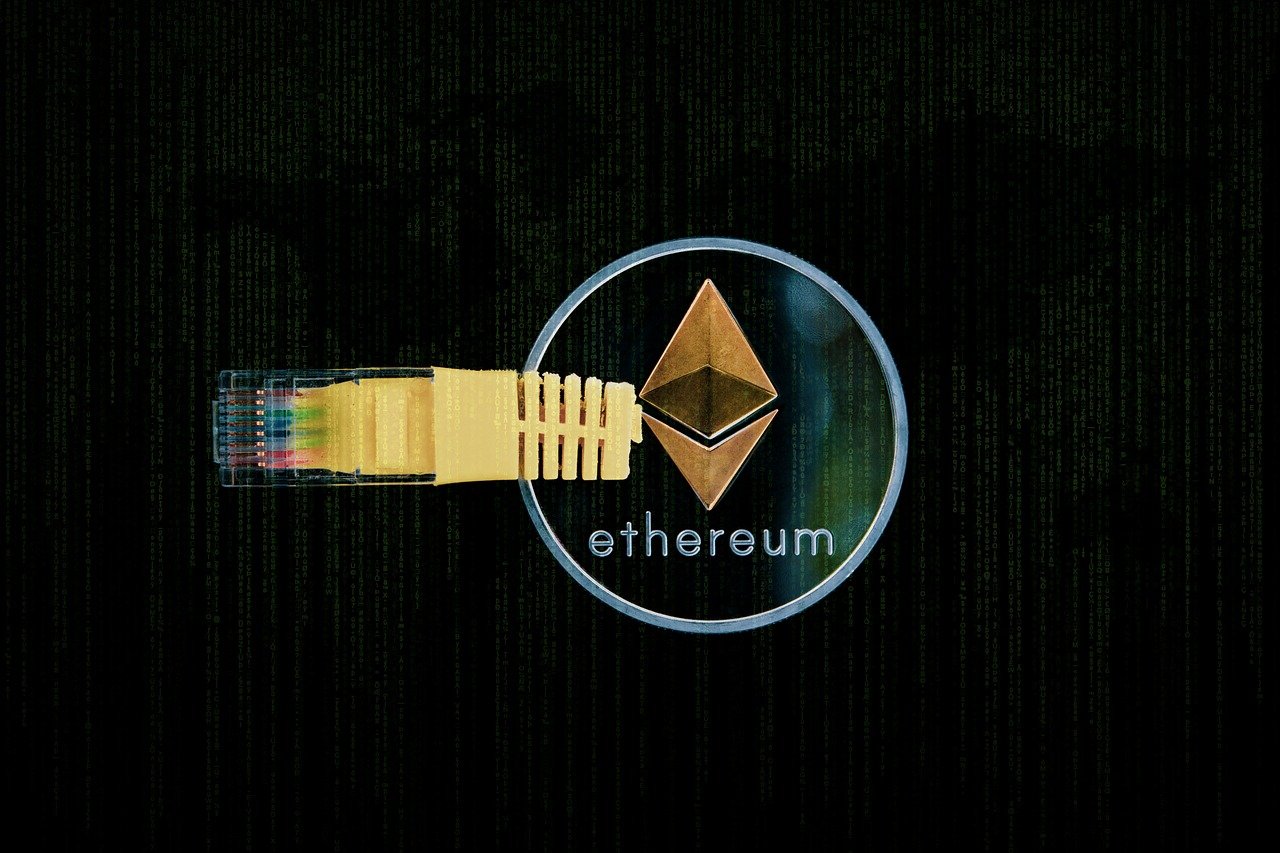What Ethereum’s Buterin has to say about block time being ‘reduced much in the future’

Scaling, or the lack of it, has been a grave problem with the Ethereum network. While several plans to increase the platform’s throughput are in the pipeline, Ethereum co-founder Vitalik Buterin has not been shying away from highlighting its limitations.
In an answer to a Reddit thread, Buterin highlighted that decreasing the block time could lead to nodes with better network connections. All while having an unfair economic advantage over their less fortunate peers. This could result in “risks leading to Ethereum mining or staking centralizing.”
The block time is the time it takes for nodes or validators to verify transactions within a new block and then add it to the network’s blockchain.
The problem with decreasing the block time in the Proof of Work scenario is that the time is assigned randomly, said Buterin. This creates a window for blocks to be validated really close together. Thus, giving an advantage to those that have a faster network connection in propagating their own blocks.
Now, this is negligible in longer block times, especially since uncle blocks still get rewarded. Uncle blocks on Ethereum are those that get mined and submitted to the ledger at roughly the same time as a block that is validated.
Proof of Stake, however, is a different ball game according to the co-founder. Ethereum requires thousands of signatures, currently at around 9100, per slot for it to get included in the next one. This significantly erodes the possibility of decreasing the block time as it could mean that several signatures required for validation would not be recorded on-chain, and thus not rewarded.
Again, this would give those with better connections an upper hand in the validation process. Thereby, sacrificing the network’s decentralization ethos.
Notably, while Buterin doesn’t expect “the per-slot time to be reduced much in the future,” a solution could be found in “single-slot finality.” He said,
“…a single slot would actually finalize a transaction instead of just strongly confirming it as it does today. Applications that need really fast confirmations would have to rely on either channels or rollups with sequencers providing pre-confirmation.”
Furthermore, he revealed that the protocol is building a mechanism to provide “strong assurance after only a few seconds that some transaction will get included in either the next or another near-future block.”
This is hardly the first instance in which Ethereum’s maestro has highlighted the limitations that even blockchain technology can pose.
In the past, Buterin had noted that “there are important and quite subtle technical factors that limit blockchain scaling.” Especially if node equality and decentralization are to be maintained.



![Shiba Inu [SHIB] price prediction - Mapping short-term targets as selling pressure climbs](https://ambcrypto.com/wp-content/uploads/2025/03/SHIB-1-2-400x240.webp)


